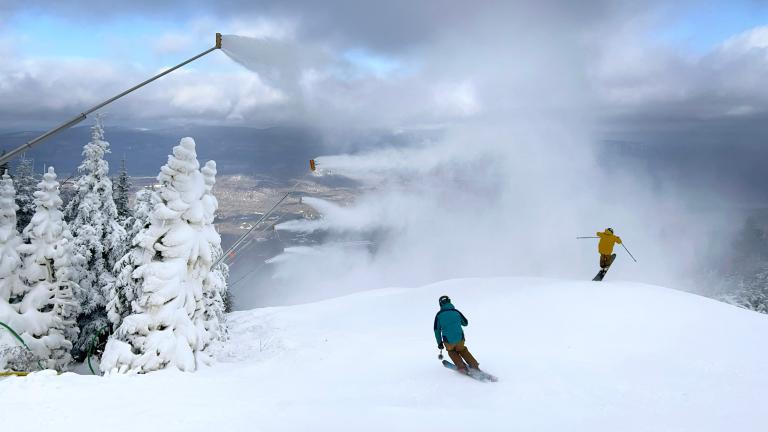
A couple of weeks ago, while hurrying to a favorite trout stream, I was pulled over for speeding in a small town. I must have been fried from months of research and writing on the so-called "property rights" movement, because it suddenly occurred to me that the current system is backward.
So I said* to the officer: "Listen, if The Man wants me to obey his laws to keep this town safe, then he should pay me for my time."
Now if my reasoning with the cop sounds ridiculous to you,then you may have difficulty grasping the thinking behind the rash of ballot measures spreading across the West like … well, like a rash.
But there you have it: there’s a well-funded and highly ideological campaign with national marching orders. In 2006, they’ve landed initiatives on the ballot in Arizona, California, Idaho, Montana, Nevada, and Washington. All the initiatives have the same aim: to force communities to pay property owners to obey land-use laws. And if communities can’t pay, they must grant waivers from the law.
(Don’t live in one of these states? There’s one headed your way soon. Live in Europe? You’re next.)
"Oh, come on," you may be thinking, "The measures are not nearly so simple." And you’re right: they’re not.
In truth, the ballot initiatives — called "regulatory takings" measures by geeks and lawyers — are complicated. And the property rights activists behind them have been exploiting their complexity to gull folks into voting for something that very few people support.
But I’m getting ahead of myself.
First off, why should you care? For starters, the ballot measures are extremely dangerous to environmental protections. In fact, I’ve come to believe that they pose a threat right up there with the biggies like climate change and habitat loss, primarily because the measures create conditions under which we cannot adapt to new threats.
Not sure if you’d like energy plants in your national monuments, suburban subdivisions in your state’s farmland, or an evisceration of the Clean Water Act? Then you should be concerned.
In the next few days, I’ll post entries explaining what’s happened in Oregon — home of the measure that spawned the 2006 crop of initiatives. And I’ll explain how activists are exploiting the justifiable concerns of property owners to sugarcoat a poison pill that will have the effect of severely damaging protections for small-time property owners. And I may even rant about a few other things too.
In the meantime, however, I’ll indulge in a bit of shameless self-promotion and point wonkish readers toward my work on these measures with Sightline Institute (where I make my living): here, here, and here.
More tomorrow.
*Denotes things I did not actually say to a cop.



